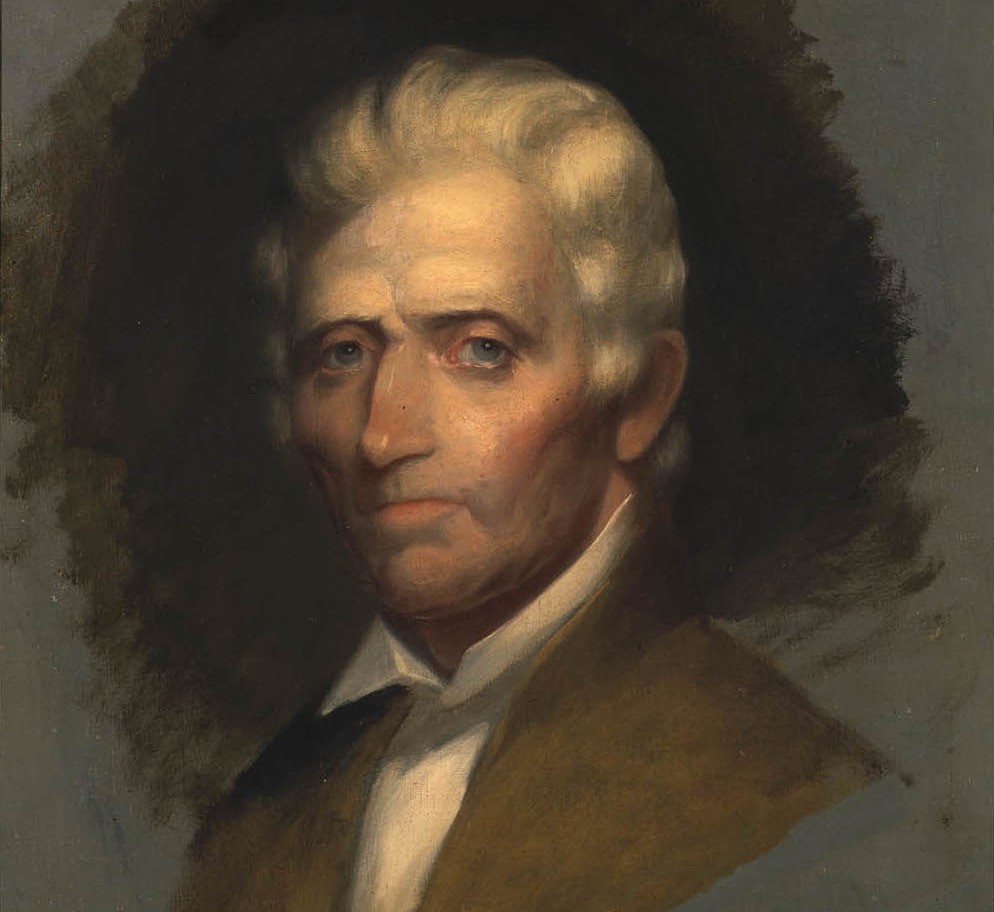Fred Allen? John Florence Sullivan? St. Martin’s Review? Anonymous?

Question for Quote Investigator: Meetings are often ineffective time-wasting exercises. Here are two versions of a popular comical criticism:
(1) A committee is a body of people who individually can do nothing but collectively they may decide that nothing can be done.
(2) A conference is a gathering of important people who, singly can do nothing but together can decide that nothing can be done.
This gag has been attributed to U.S. comedian and radio broadcaster Fred Allen (stage name of John Florence Sullivan). Would you please help me to trace this joke?
Reply from Quote Investigator: The earliest match found by QI appeared in October 1934 within the “Evening Sentinel” of Stoke-on-Trent, Staffordshire, England which pointed to “St. Martin’s Review” as the source. Boldface added to excerpts by QI:1
From the same Review — A Committee is a gathering of important people who, singly can do nothing, but together can decide that nothing can be done.
The newspaper did not specify the author; hence, the creator remains anonymous.
Fred Allen employed an instance of this gag in January 1940. Allen used the word “conference” instead of “committee”. Details appear further below.
Here are additional selected citations in chronological order.
Continue reading “Quote Origin: A Committee Is a Gathering of Important People Who, Singly Can Do Nothing, But Together Can Decide That Nothing Can Be Done”







